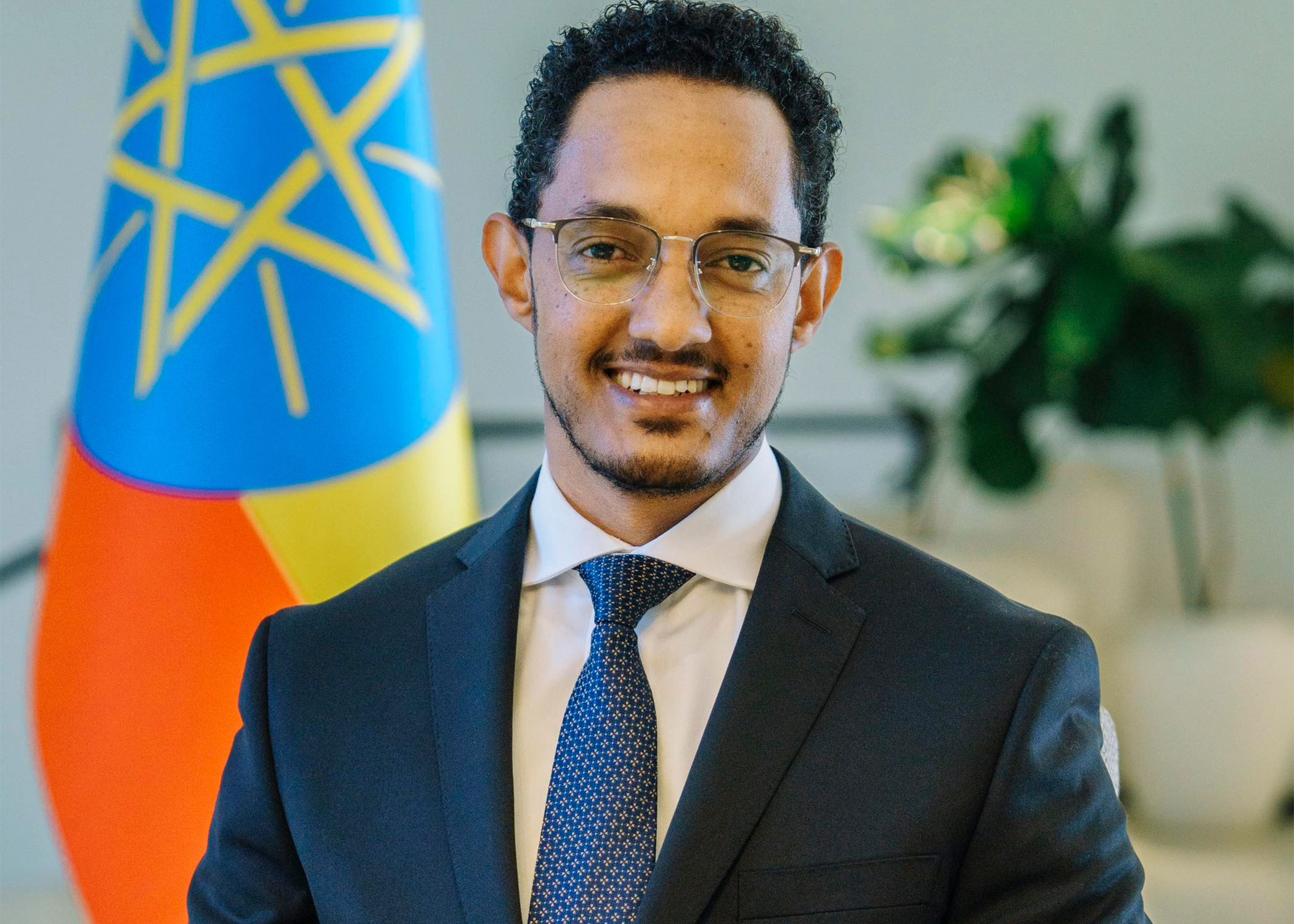In his inauguration speech in May, Nigerian President Bola Tinubu announced the end of the country’s decades-old fuel subsidy. This is not the first time Nigeria has attempted to abandon the policy, which has had disastrous consequences for the economy and the climate. What is new is the quiescence of ordinary citizens. After declaring plans for a nationwide strike, the Nigeria Labour Congress backed down, and no other large protests erupted.
It was an unusual response, to say the least, given that steep fuel price increases often lead to riots. When then-President Goodluck Jonathan attempted to scrap Nigeria’s fuel subsidy in 2012, widespread demonstrations and a nationwide strike forced him to reverse course. Likewise, violent protests compelled former Ecuadorian President Lenín Moreno to reinstate fuel subsidies shortly after he repealed them in 2019.
According to the BBC, people in more than 90 countries took to the streets over the cost or availability of fuel between January and September 2022.
To avoid civil unrest, the International Monetary Fund advocates a gradual phase-out of fuel subsidies coupled with targeted measures to protect the most vulnerable. But when governments lack experience with implementing social safety-net programs, citizens often will lack faith in the transition and show greater resistance to reform.
Given that trust in government in Nigeria ranks among the lowest in Africa, one would expect stronger popular opposition to the abrupt repeal of the fuel subsidy. Instead, Tinubu’s decision to take a “cold turkey” approach, and the negligible pushback he has received, signals a shift in thinking: frustrations with the fuel subsidy may now outweigh concerns about the government’s ability to implement sound public policy.
Many oil-producing countries introduced fuel subsidies in the 1970s to share the benefits of natural-resource wealth. Domestic demand could easily be met by domestic production, the thinking went, with plenty of oil remaining for export. But as market prices rose, governments failed to raise domestic prices and kicked the can down the road, for fear that reforms would fuel a political backlash. Meanwhile, domestic fuel consumption in oil-producing countries, driven by artificially low prices, steadily increased.
Major oil producers like Nigeria now must import petroleum products at market prices to meet domestic demand. Over time, fuel subsidies ballooned from modest outlays to behemoth commitments that consume a large share of government expenditures.
Low fuel prices are an important symbol for citizens in oil-producing countries, representing one of the few tangible advantages of crude reserves. Repealing fuel subsidies thus implies reneging on the promised benefits of resource wealth. And yet, as the cost of subsidies has risen, governments have had less fiscal space to invest in health, education, infrastructure, and other public goods.
In Nigeria, citizens may finally favour reform for three reasons.
For starters, they are increasingly suffering from fuel scarcity, which has led to long queues at gas stations and soaring operating costs for businesses. The war in Ukraine precipitated a spike in global gasoline and diesel prices, and the cost of transporting fuel around the country has also increased substantially. Rather than operate at a loss, some retailers have raised pump prices beyond the government-set price, while black-market fuels are exorbitantly expensive.
Moreover, the idea that scarcity would eventually ease with an increase in domestic refining capacity (the country exports crude and imports almost all of its fuel) has become less credible over time. A recent audit by Nigeria’s parliament found that despite spending 25 billion dollars over 10 years to repair the country`s refineries, they are still operating at less than 30pc capacity, leaving Nigeria to import over 95pc of its refined petroleum products.
Nigeria’s fuel subsidy has encouraged smuggling into neighbouring countries, where low-cost gasoline and diesel can be sold for at least twice the price. The scale of the trafficking is so large that protests erupted in Cameroon after Tinubu’s announcement caused the price of gasoline there to double. As Tinubu put it: “Why should we . . . feed the smugglers and be the Santa Claus of neighbouring countries?”
Nigerians appear ready to stop the outflow of their own resources to other countries, even without a guarantee that the government will channel the fiscal savings into investments that help the poor.
Lastly, the Nigerian government had provided ample warning that the fuel subsidy would be repealed this year. Outgoing President Muhammadu Buhari did not budget for it beyond mid-2023, and the Petroleum Industry Bill of 2021 mandated the phase-out of the Petroleum Equalization Fund, the entity that finances the subsidy. The silence of rival political parties underscores the inevitability of reform, unlike in 2012, when Tinubu himself protested against the proposed cuts.
Nigeria’s experience suggests that scrapping subsidies while avoiding a public outcry requires exposing their many flaws, including links to fuel shortages and black-market profiteering.
As fuel subsidies continue to wreak economic and environmental havoc, policymakers in other countries could attempt to replicate Tinubu’s strategy. The public will likely be sceptical about whether governments can cushion the impact by expanding social protection. But, especially in countries where trust in government remains low, direct experience of the subsidies’ negative effects could go a long way toward bringing citizens on board.





 Loading your updates...
Loading your updates...